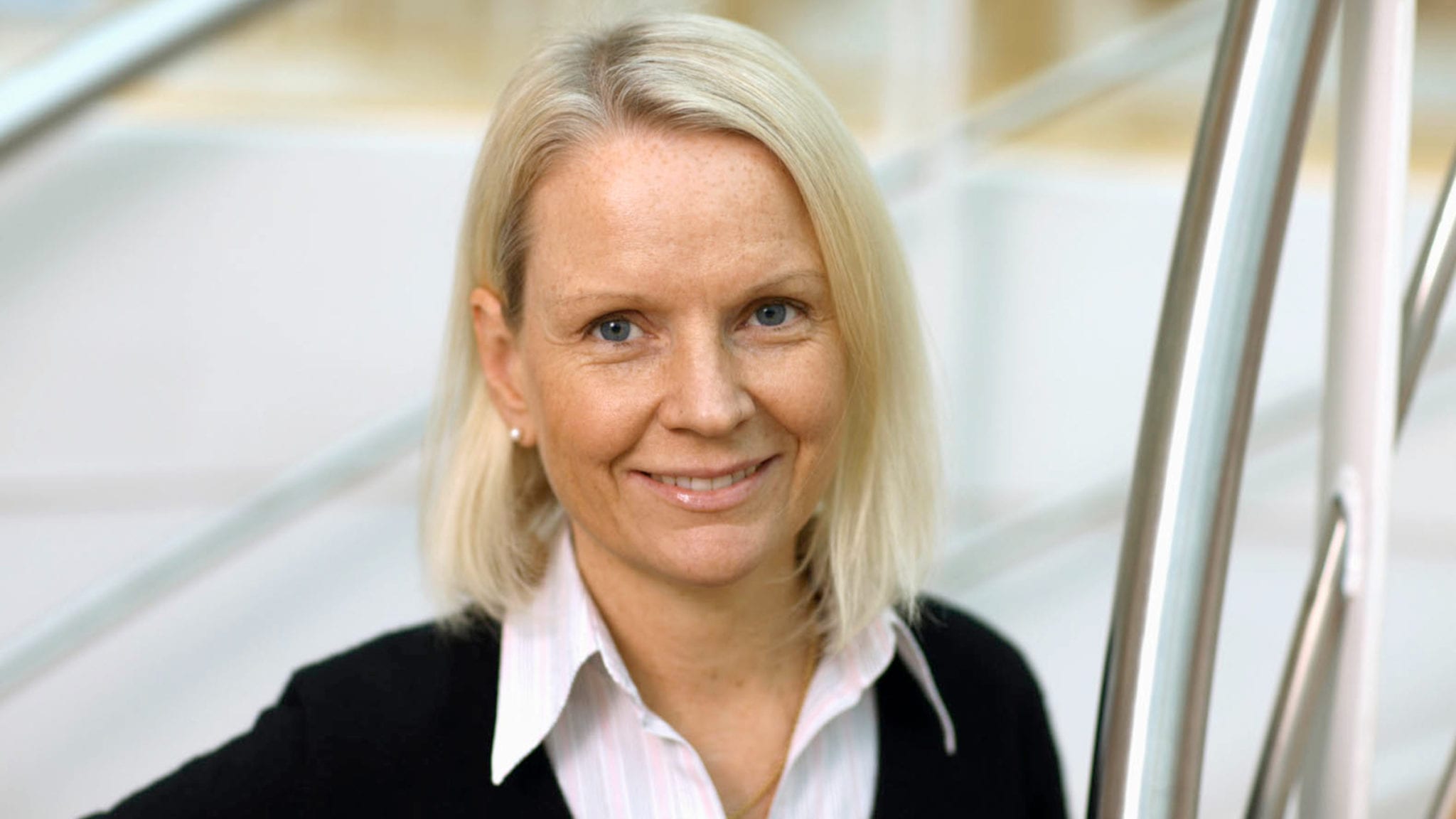
Active Biotech is back, with one last bid for the failed MS drug Teva discarded
Laquinimod was the drug that was going to save Teva.
Over 14 years, the Israeli pharma started the compound on at least 15 clinical trials, 6 of them Phase III. They wanted it to replace the blockbuster multiple sclerosis drug Copaxone. But it failed late-stage study after late-stage study, not only in MS but also Huntington’s. And in 2018, after the fourth major whiff in 18 months, Teva returned the drug and all its rights back to sender: Sweden’s Active Bio.
Unlock this article instantly by becoming a free subscriber.
You’ll get access to free articles each month, plus you can customize what newsletters get delivered to your inbox each week, including breaking news.